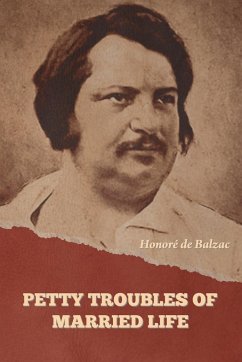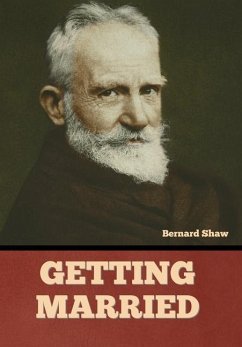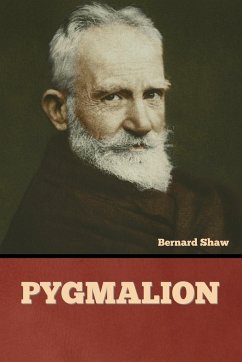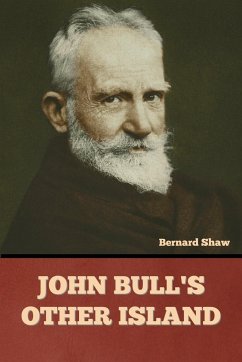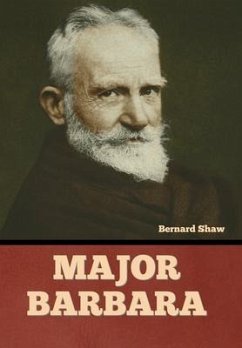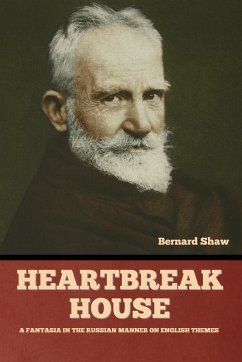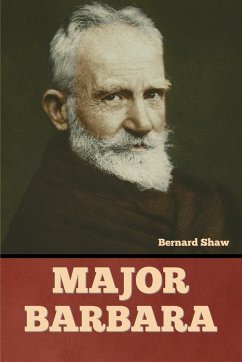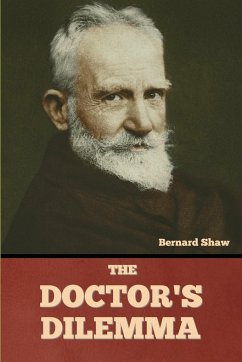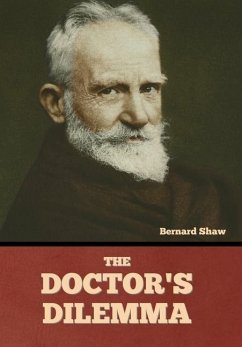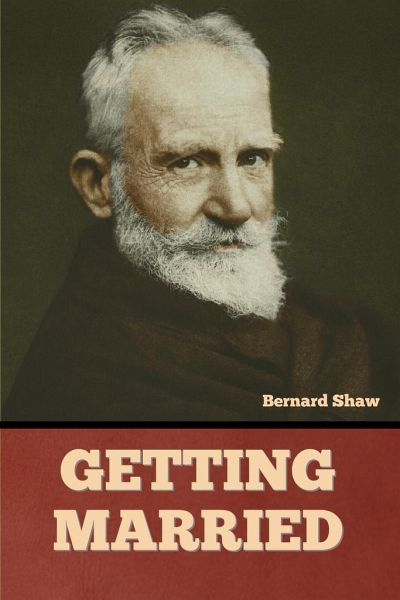
Getting Married
Versandkostenfrei!
Versandfertig in 1-2 Wochen
17,99 €
inkl. MwSt.

PAYBACK Punkte
9 °P sammeln!
Getting Married is a play by George Bernard Shaw. First performed in 1908, it features a cast of family members who gather together for a marriage. The play analyses and satirises the status of marriage in Shaw's day, with a particular focus on the necessity of liberalising divorce laws. The preface to the published version of Getting Married is essentially a discussion of the future of marriage. Shaw takes the view that "Marriage remains practically inevitable", as the alternatives have too many disadvantages. In a future society, he argued, there could be no practicable replacement for marri...
Getting Married is a play by George Bernard Shaw. First performed in 1908, it features a cast of family members who gather together for a marriage. The play analyses and satirises the status of marriage in Shaw's day, with a particular focus on the necessity of liberalising divorce laws. The preface to the published version of Getting Married is essentially a discussion of the future of marriage. Shaw takes the view that "Marriage remains practically inevitable", as the alternatives have too many disadvantages. In a future society, he argued, there could be no practicable replacement for marriage, neither individually negotiated deals or unconstrained "free love". Despite this, there was "a very pressing question of improving its conditions". Shaw went on to argue for sensible divorce laws to would protect the welfare of adults and children. Shaw notes that the form of the play adopts the classical unities, saying "the Greek form is inevitable when drama reaches a certain point in poetic and intellectual evolution." (wikipedia.org)





